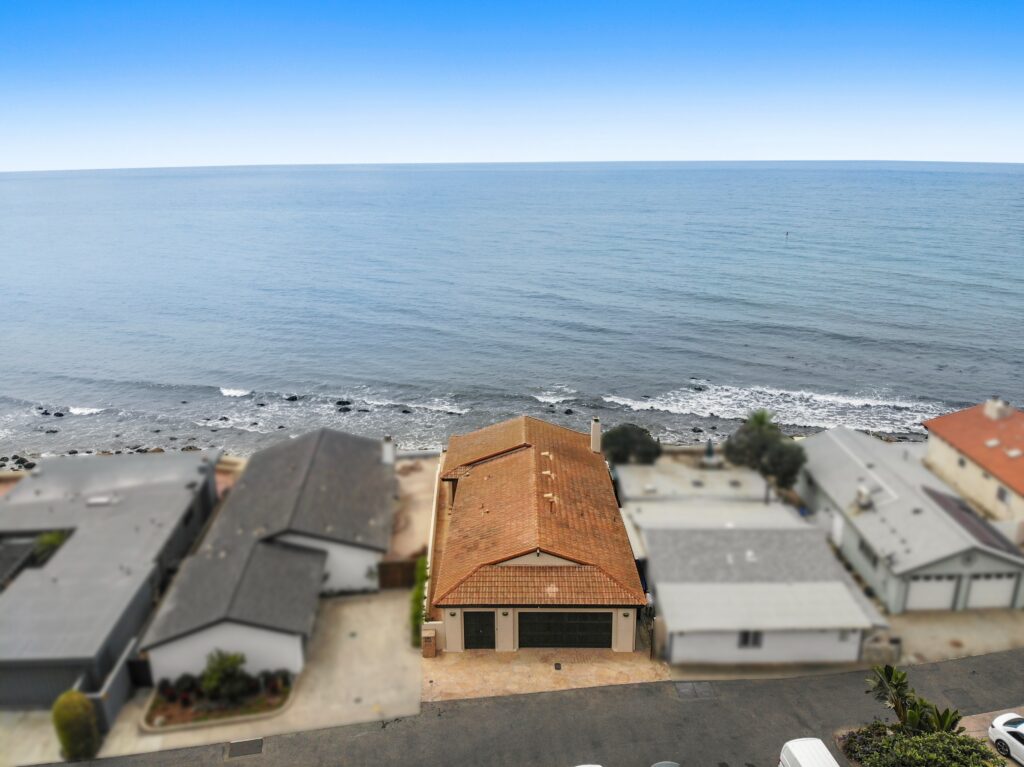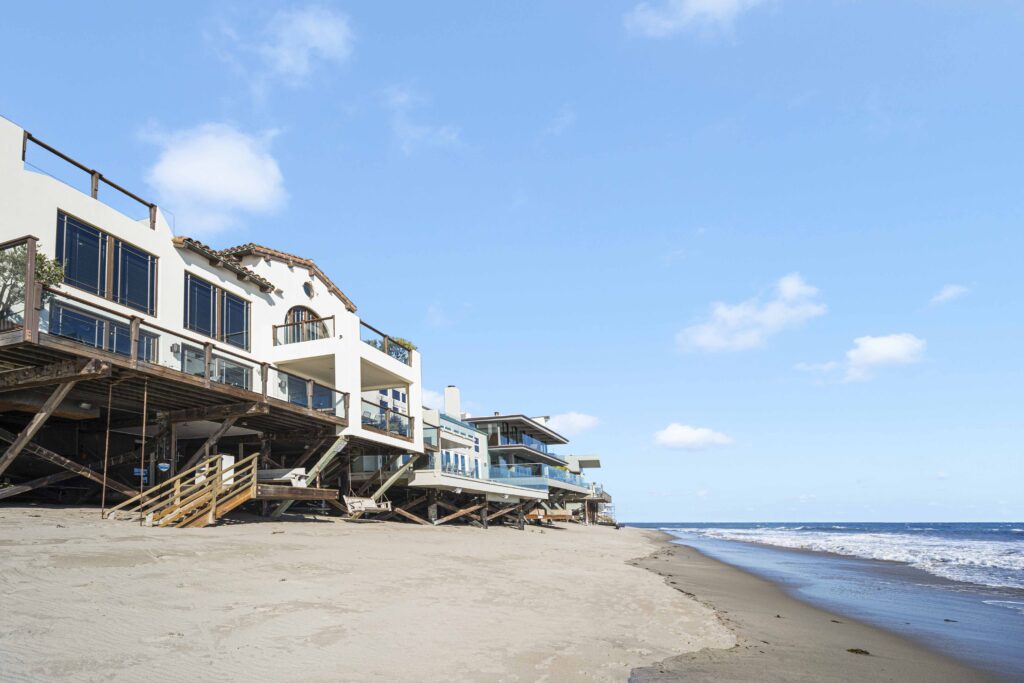Your offer was accepted and you’re officially in escrow! Now what? Getting inspections done is a very important next step in order to verify any issues with the home and help you determine what kind of credit you will be requesting from the seller (if any). So, what inspections should you schedule? Check out our guide below:

General home inspection: This should be the first inspection you schedule as it can suggest if other specialized inspections are needed. The home inspector will typically spend 2-3 hours checking all the systems of the home such as the heating/cooling system, water heater, electrical panel, appliances, etc. The inspector will send you a multi-page report after the inspection detailing their findings in each room and area of the home. Any repairs can be done by specialized inspectors identified in the report.
Termite inspection: A majority of homes in California are likely to have termites since a lot are built of wood or stucco. The termite inspector will check for termites, dry rot, wood damage, etc. There are two sets of findings in a termite report: Section 1 and Section 2. Section 2 notes any potential damage to an area. It doesn’t need immediate attention, but if the vulnerable area is not treated or repaired in the near future, then it could become a Section 1 item. Section 1 indicates that the home has termites and that it should be treated (usually by tenting) in order to get clearance.
Mold inspection: Mold is very common in homes and for the most part, is non-hazardous and livable. Its typical source is from moisture or a leak and is commonly found in bathrooms and kitchens. The mold inspector will take multiple samples to send to a lab (results typically take a few days) to determine if the home has elevated levels of mold. Treatment can be done by mold remediation and containment.
Roof inspection: Most HOA’s cover roof maintenance for condos and townhomes so an inspection is not always necessary unless you want to be extra diligent. Single family homes on the other hand, will need an inspection. The roof inspector will go on the roof to check for cracked tiles, leaks, gutter backup, overall sturdiness, necessary maintenance, and life expectancy. A solid roof may only need certain repairs done, while in more extreme cases, the whole roof may need to be replaced.

Chimney inspection: Chimney inspections are only necessary if the home has a fireplace. A chimney inspector will run a camera through the chimney from inside the home and will check from the roof as well. The inspector will check for any structural concerns, fire safety concerns, functionality, and necessary maintenance. Minor or major repairs may be needed.
Sewer/Septic inspection: Depending on where the home is located, you will need to either schedule a sewer or septic inspection. A sewer inspector will run a camera on a snake line to check the sewer lines to make sure there’s no root intrusion and that it’s properly connected to the street. Most homes in Malibu have a septic system which requires a septic inspector. This inspector will check the wastewater levels, make sure that water is flowing freely through the system, run a hydraulic test, and confirm with the city that the home has an up-to-date septic operating permit. Repairs can be done but sometimes a new system is needed which can be costly.
Geology inspection: This is an extensive and expensive inspection that is typically done for homes on or near a slope, especially if it’s beachfront. The inspector will check for cracks in the foundation, leveling of the home and any uncommon settling, the sea wall, retaining wall, proper drainage, potential to hold against active faults, etc. They will also check topography maps and available records on file with the city’s building and safety department. Repairs can be costly if they are needed.
Appraisal: If you are taking out a loan, an appraisal is a contingency of the sale. It’s not necessary if you are paying all cash. An appraiser will go to the property to assess if the purchase price is in line with what the house is worth. If the home appraises at or above the purchase price, this will assure you and your lender that you are paying fair market value for the home. If the home appraises below the purchase price, you will have the right to cancel escrow.

Once you receive all your inspection reports, make sure to review them in-depth and discuss with your real estate agent whether you will be requesting a reduction in the purchase price, a credit for the repairs, fixing certain repairs, or cancelling escrow. The seller can either accept or counter your request.
It’s important to schedule inspections for each home that you are purchasing whether it’s being sold “as-is” or not. This will allow you to get a credit for the purchase and alert you of any issues with the home so you can avoid buyer’s remorse!
Reach out to our team if you are looking to purchase a home! 310.230.5771 / russellandtony@compass.com












